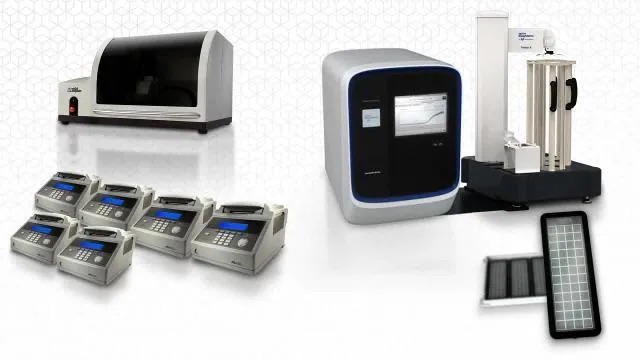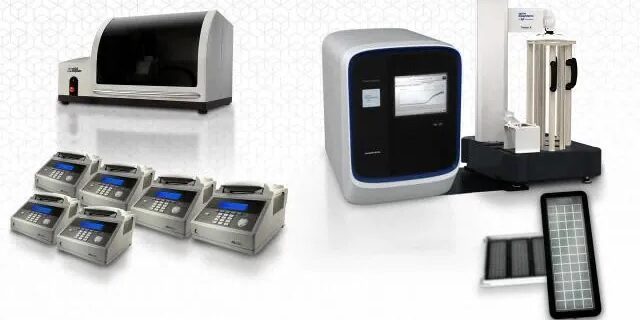PCR (Polymerase Chain Reaction) testing is increasingly becoming the preferred method for clinical laboratory testing of UTIs, wound infections, and nail fungus, primarily due to its speed and accuracy advantages over traditional culture testing.

Speed
- PCR Testing: PCR can produce results within a matter of hours. It rapidly amplifies specific DNA sequences, allowing for the quick identification of the pathogen causing the infection. This speed is crucial in clinical settings where timely diagnosis can significantly impact treatment decisions and patient outcomes.
- Culture Testing: Traditional culture methods, on the other hand, require growing the bacteria or fungi in a lab, which can take several days to a week. This delay in diagnosis can be critical, especially in cases requiring immediate intervention.
Accuracy
- PCR Testing: PCR is highly specific and sensitive. It can detect even very small amounts of DNA from the pathogen, making it extremely accurate in identifying the exact cause of the infection. This precision is particularly important in cases where the infection might be caused by less common or hard-to-grow organisms.
- Culture Testing: While culture testing can be effective, its accuracy can be compromised if the pathogen is difficult to culture or if it requires specific growth conditions. There’s also a risk of contamination, which can lead to false results.
Additional Advantages of PCR Testing
- Broad Range Detection: PCR can detect a wide range of pathogens, including those that are difficult or slow to grow in cultures.
- Less Affected by Prior Antibiotic Use: Unlike culture tests, PCR can detect pathogens even if the patient has already started antibiotic treatment.
- Quantitative Data: PCR can provide quantitative data about the pathogen load, which can be useful in monitoring treatment efficacy.
PCR testing offers significant advantages in terms of speed and accuracy for the diagnosis of UTIs, wound infections, and nail fungus in a clinical laboratory setting. For labs like Meridian Diagnostics, these benefits can lead to quicker, more targeted treatment interventions, ultimately improving patient care and outcomes.







